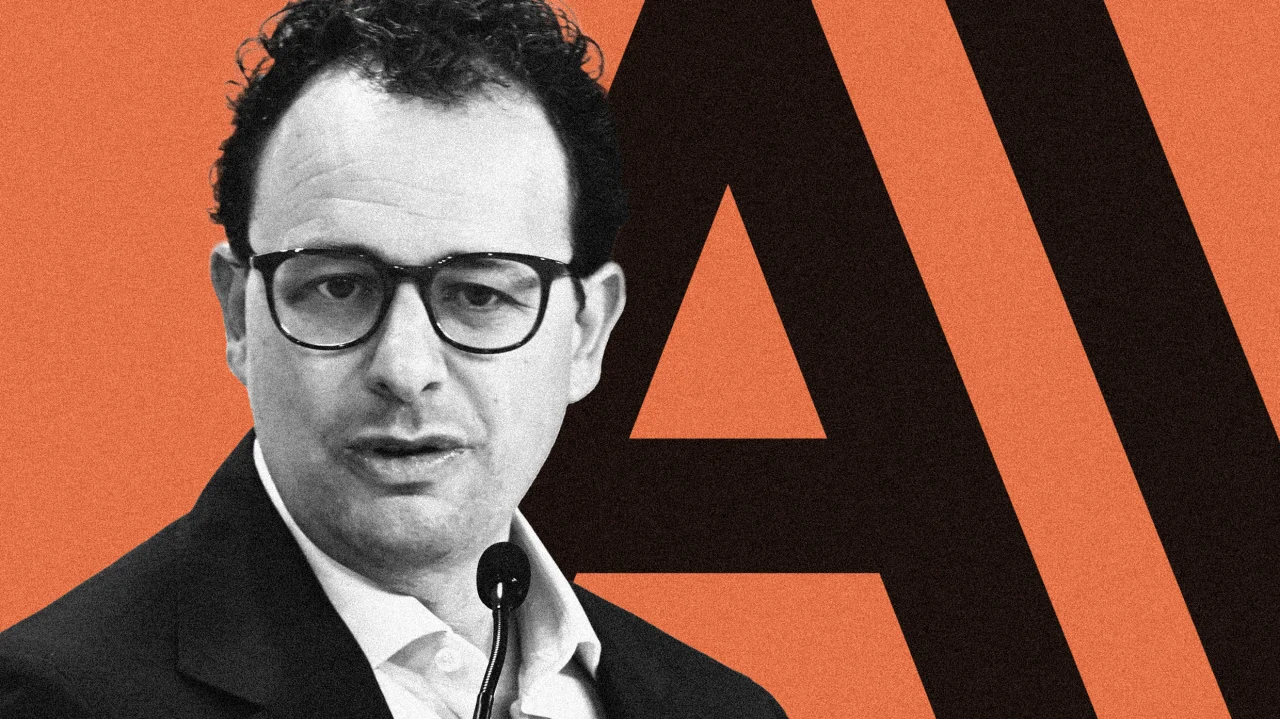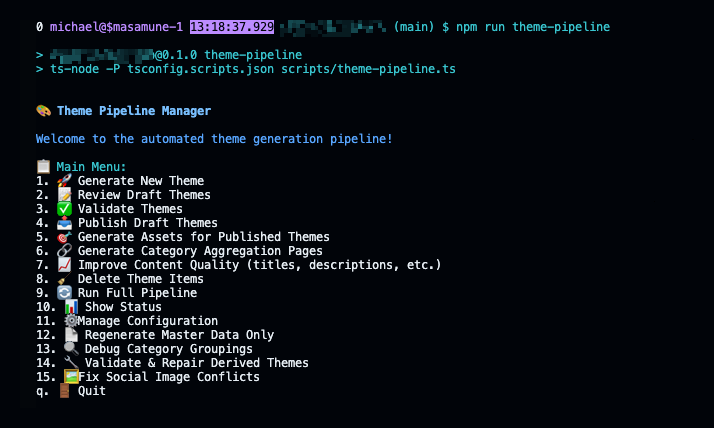junior employee ordered the most expensive thing at the restaurant
A reader writes: I am a manager supervising a small team of people. One of my employees, Jessica, is right out of college and is working for me on a year-long fellowship designed for professional development. A few months ago, we were out for a work dinner with a client. We were at a moderately […] The post junior employee ordered the most expensive thing at the restaurant appeared first on Ask a Manager.

A reader writes:
I am a manager supervising a small team of people. One of my employees, Jessica, is right out of college and is working for me on a year-long fellowship designed for professional development. A few months ago, we were out for a work dinner with a client. We were at a moderately fancy restaurant. Everyone ordered standard entrees (which each cost about $15-20), but then Jessica ordered a prime steak dinner (which cost over $65). This isn’t technically in violation of our policies — we don’t have a price cap for each person’s order. Still, it just struck me as … not very polite? I was raised, perhaps in a biased way, to think that it’s not polite to order something so much more expensive than everyone else when someone else is paying. Of course, the “someone else” in this case isn’t me — it’s our employer, a large company. I have no reason to believe that dietary restrictions weren’t at play: I’ve seen her eat other things from the same restaurant in the past.
Am I totally off-base here? Is this a convention that applies, or matters, in a work context?
Secondly, I wonder if I should have said something very gently to this employee. It’s her first job out of college, she’s the first person in her family to hold an office job, and professional development is supposed to be a part of her role, and I would hate for her to inadvertently misstep in ways that could raise eyebrows. But I also don’t want to make her self-conscious, and ultimately it wasn’t a violation of workplace policies or a huge deal. Where’s the line between kindly giving her a heads-up about an unspoken rule she may not be aware of and being judgmental about her food and scolding over a relatively small dollar amount?
You’re not off-base. It’s impolite to order something far more expensive than everyone else when you’re not the one who’s paying. That’s true in social situations, and it’s also true at work meals. (There are exceptions, of course, if it’s the only thing on the menu you can eat or if the person who’s paying strongly encourages you to order the prime steak dinner.)
That said, not everyone learns that etiquette growing up, and not everyone starts work with the same cultural playbook that teaches this stuff.
Since Jessica is doing a year-long fellowship specifically designed for professional development, you should talk to her! Don’t approach it as chastising or criticizing her (if she didn’t know, she didn’t know) but as offering professional mentorship.
For example: “I don’t want you to feel awkward about this because I’m guessing you didn’t know, but when you’re at a work meal and someone else is paying, you shouldn’t order the most expensive item on the menu; stick to the same general price range as most other people are. I figured you didn’t realize that so I wanted to tell you going forward.” You could even add, “Sometimes there can be kind of an unspoken playbook for this stuff, which isn’t very fair to people who don’t already know it, so I’m trying to be explicit about those expectations when I see them.”
In fact, it also might be useful to think about other unspoken expectations that employees risk being judged if they break them and spell those out ahead of time, so that you’re guiding up-front rather than coaching after the fact. For example, before someone’s first client dinner, you could also mention things like “it’s okay to order one drink but not more” or “at dinners like this, we try to make sure the client is getting the most air time and follow their lead on what they want to talk about” or whatever else it will help them to know. Even if this all ends up being things they already knew, most junior hires will be aware these are new situations for them and will appreciate the guidance. It also creates space for them to ask questions they might not have felt comfortable asking otherwise, because you’ll be signaling that it’s normal not to know everything when you’re just starting out and that it’s okay to have a learning curve.
The post junior employee ordered the most expensive thing at the restaurant appeared first on Ask a Manager.




































































































![Building A Digital PR Strategy: 10 Essential Steps for Beginners [With Examples]](https://buzzsumo.com/wp-content/uploads/2023/09/Building-A-Digital-PR-Strategy-10-Essential-Steps-for-Beginners-With-Examples-bblog-masthead.jpg)





























![Senior Support Engineer - US West [IC3] at Sourcegraph](
https://nodesk.co/remote-companies/assets/logos/sourcegraph.f91af2c37bfa65f4a3a16b8d500367636e2a0fa3f05dcdeb13bf95cf6de09046.png
)

















